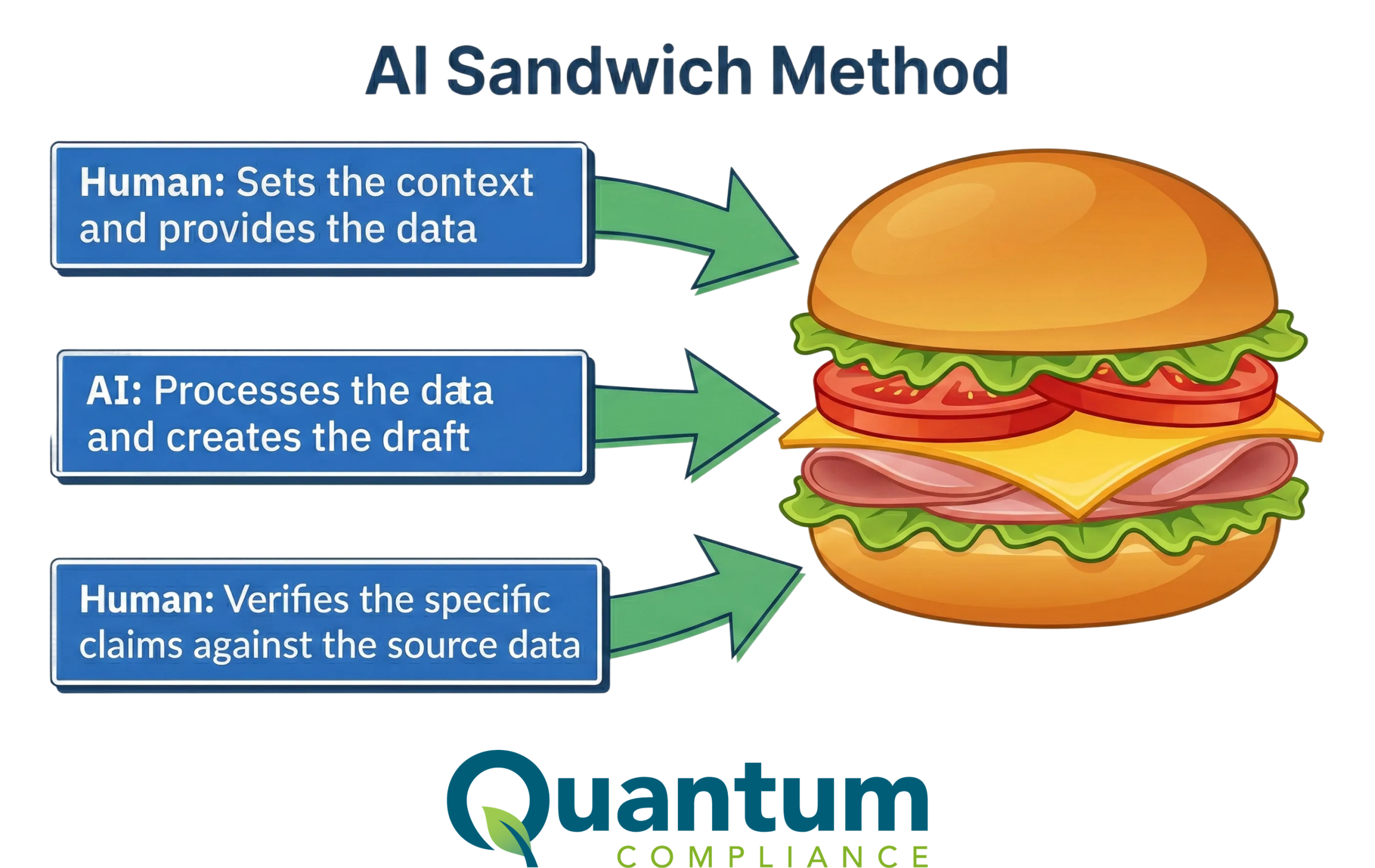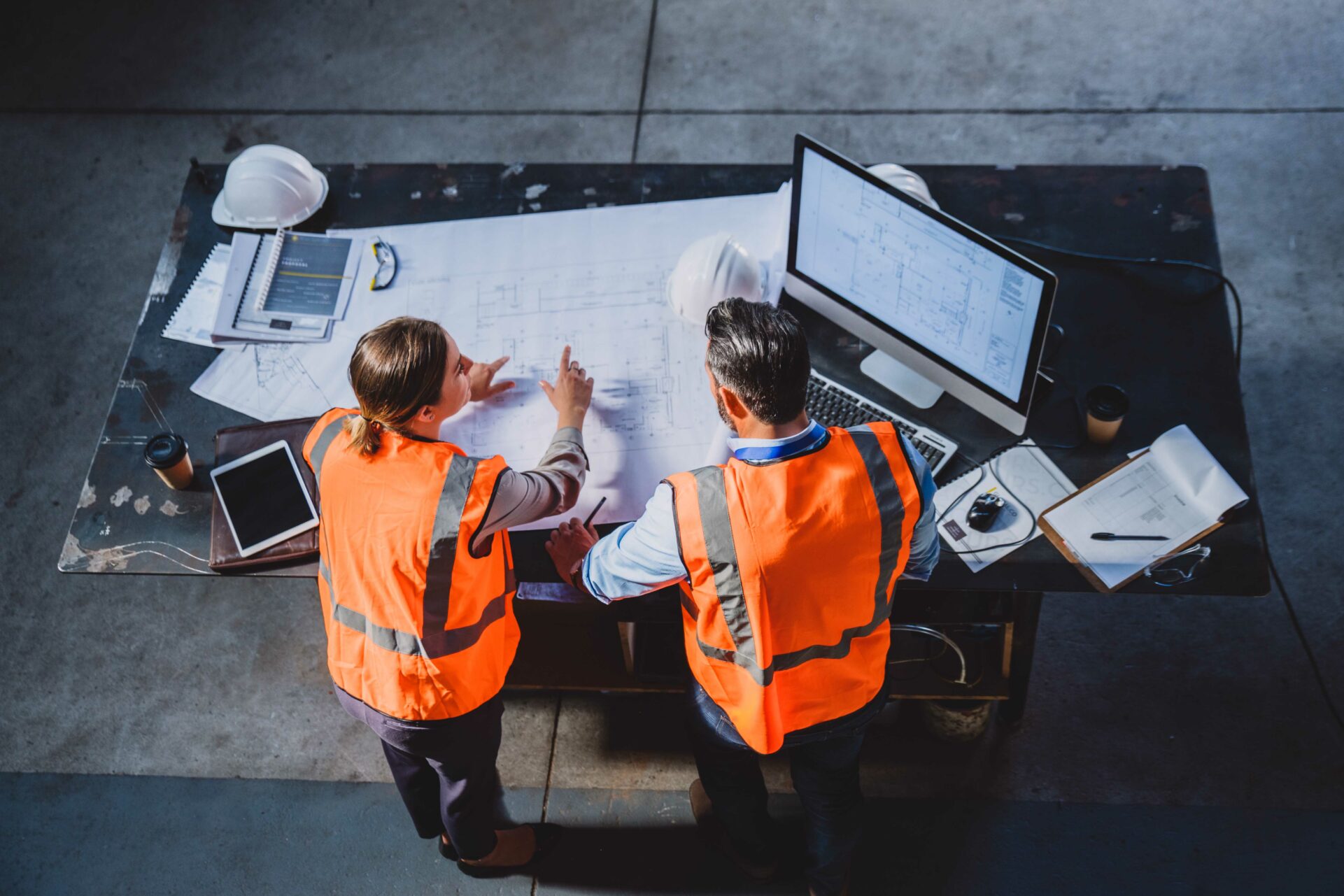As industries globally continue to expand and evolve, the management of chemicals in workplaces remains a crucial concern, encompassing safety, efficiency, and regulatory compliance. The future of chemical management is being shaped by cutting-edge innovations designed to tackle these challenges more effectively than ever before. These advancements not only aim to enhance safety and streamline operations but also promise to transform the environmental impact of chemical usage.
Automation and AI in Chemical Management
One of the most significant trends in the future of chemical management is the increased use of automation and artificial intelligence (AI). These technologies enable more precise tracking and monitoring of chemical inventories, ensuring that data regarding chemical usage and storage is accurate and up-to-date. AI algorithms can predict the need for chemical reordering and optimize stock levels to prevent overstocking and minimize waste. Additionally, AI-driven analytics can identify patterns that may suggest improvements in safety measures or pinpoint areas where compliance might be at risk.
IoT and Real-Time Monitoring
The integration of the Internet of Things (IoT) in chemical management systems represents a pivotal shift towards real-time monitoring and control. Sensors placed on chemical containers and throughout facilities can provide continuous feedback on the state of chemical storage conditions, such as temperature and humidity, which are crucial for maintaining chemical stability and safety. This real-time data is invaluable for preventing accidents caused by improper storage and for ensuring immediate response to any irregular conditions.
Enhanced Regulatory Compliance with Blockchain
Blockchain technology offers a novel approach to managing regulatory compliance and traceability in chemical management. By maintaining an immutable ledger of chemical transactions and safety data, blockchain technology ensures that all compliance data is verifiable and secure. This capability is particularly useful in industries where audit trails are critical and can help streamline compliance processes, reducing the time and effort required for audits and inspections.
Sustainable Chemical Practices and Green Chemistry
The future of chemical management is also steering towards sustainability. Green chemistry practices aim to design chemical products and processes that reduce or eliminate the use and generation of hazardous substances. Innovations in this area include the development of biodegradable chemicals and advancements in chemical recycling processes, which help reduce environmental impact and promote sustainability within industries.
Predictive Analytics for Accident Prevention
Predictive analytics is another innovative tool being increasingly utilized in chemical management. By analyzing historical data and real-time inputs, predictive models can forecast potential chemical safety incidents before they occur. This proactive approach to safety can dramatically reduce the likelihood of accidents, improve worker safety, and ensure continuous production without unplanned downtimes.
Conclusion
The future of chemical management is characterized by a blend of technological innovation and a shift towards sustainability. With the adoption of AI, IoT, blockchain, and green chemistry, the field is set to overcome traditional challenges associated with safety, efficiency, and environmental impact. As these technologies continue to evolve and integrate, the way chemicals are managed will become more advanced, safer, and aligned with global sustainability goals. For businesses, staying ahead in adopting these innovations is key to ensuring they not only comply with current regulations but are also prepared for the demands of the future.








